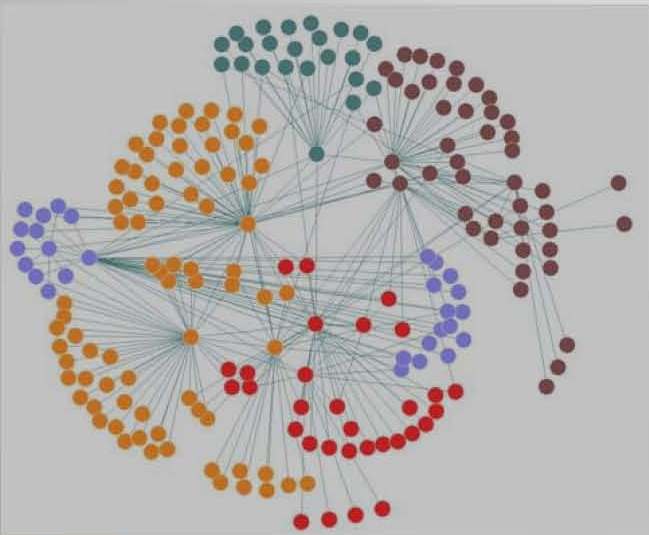by Gerhard Fischer, Center for LifeLong Learning and Design (L3D) – University of Colorado
The power of the unaided individual mind is highly overrated. Much human creativity is social, arising from activities that take place in a social context in which interaction with other people and the artifacts that embody collective knowledge are essential contributors.
Social creativity is not a luxury but a necessity to address the problems faced by societies in the 21st century. Our research has focused specifically on complex design problems requiring the contributions of many stakeholders. These stakeholders come from many different backgrounds, requiring cultural and epistemological pluralism to make all voices heard. We have developed socio-technical environments supporting these objectives in the specific contexts of urban planning, collaborative learning, and collaborative software design.

